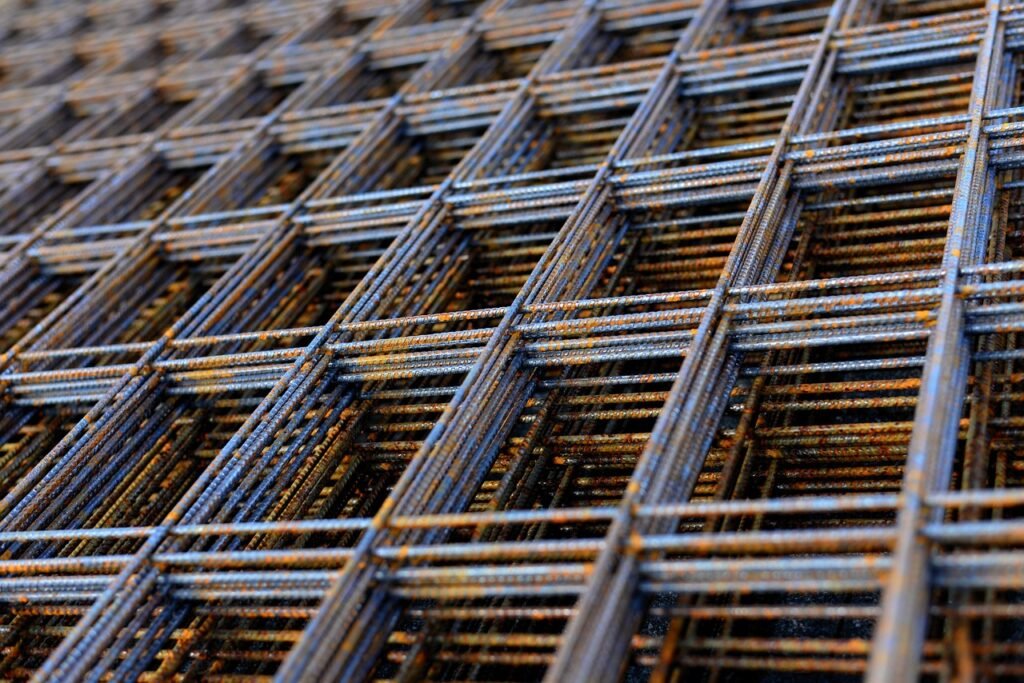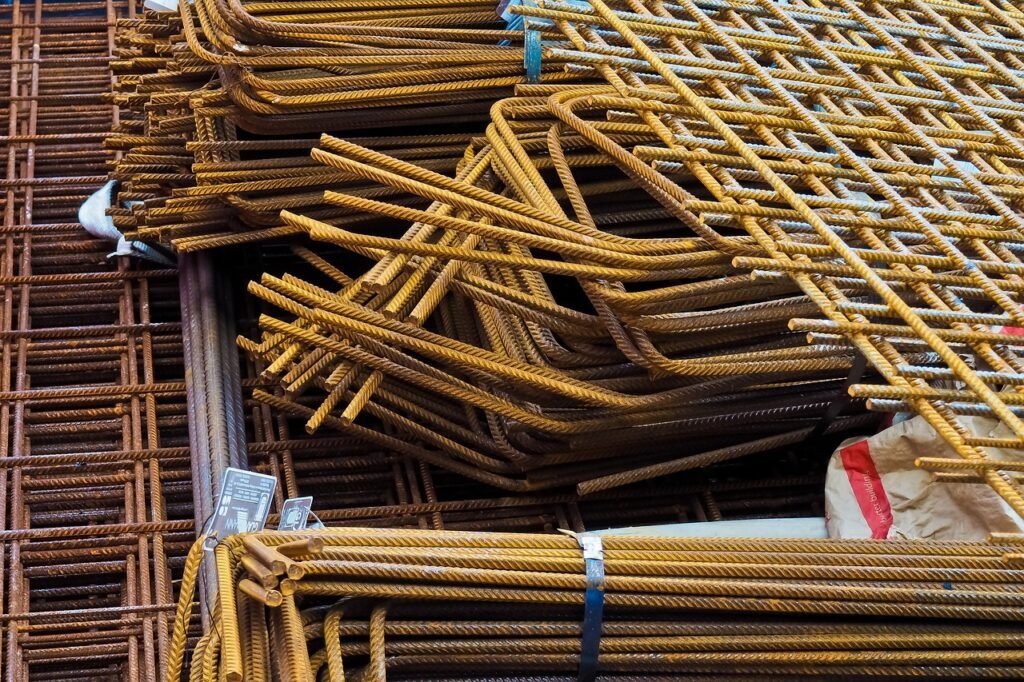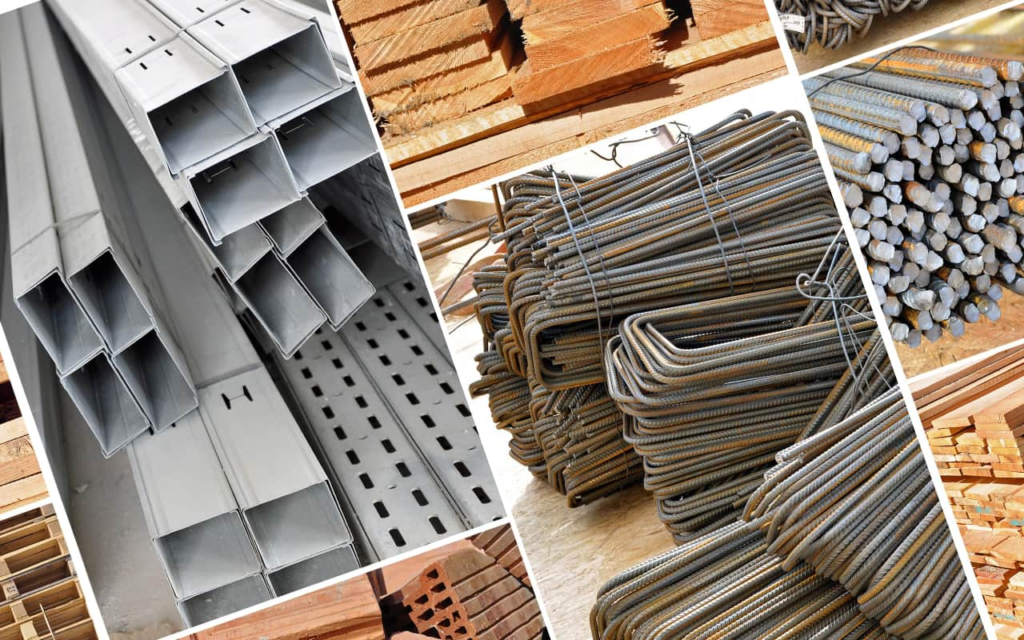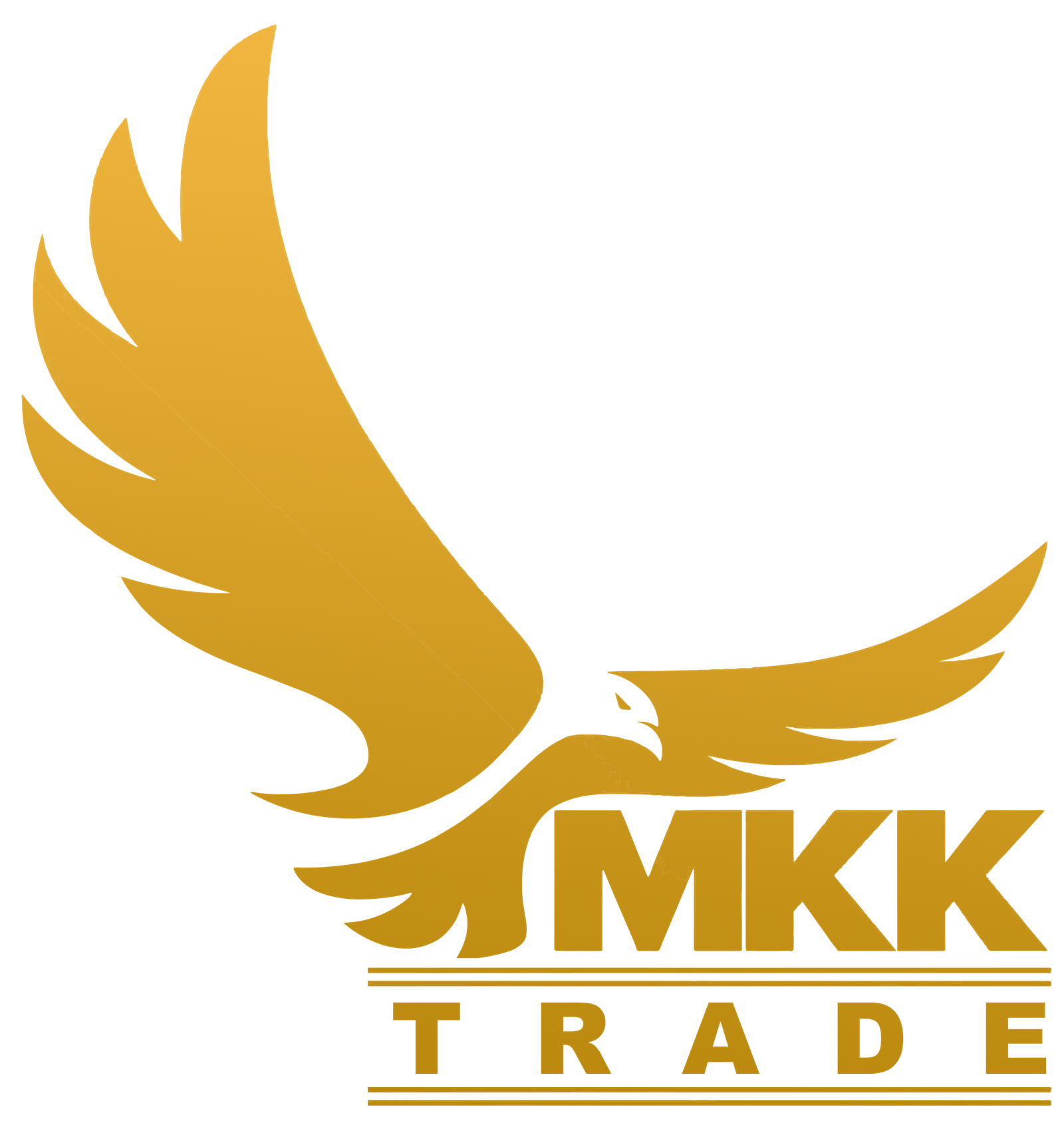Office #207-2nd Floor-ZALFA BUILDING-NEAR Jumeirah Creekside Hotel-Garhoud -Dubai UAE
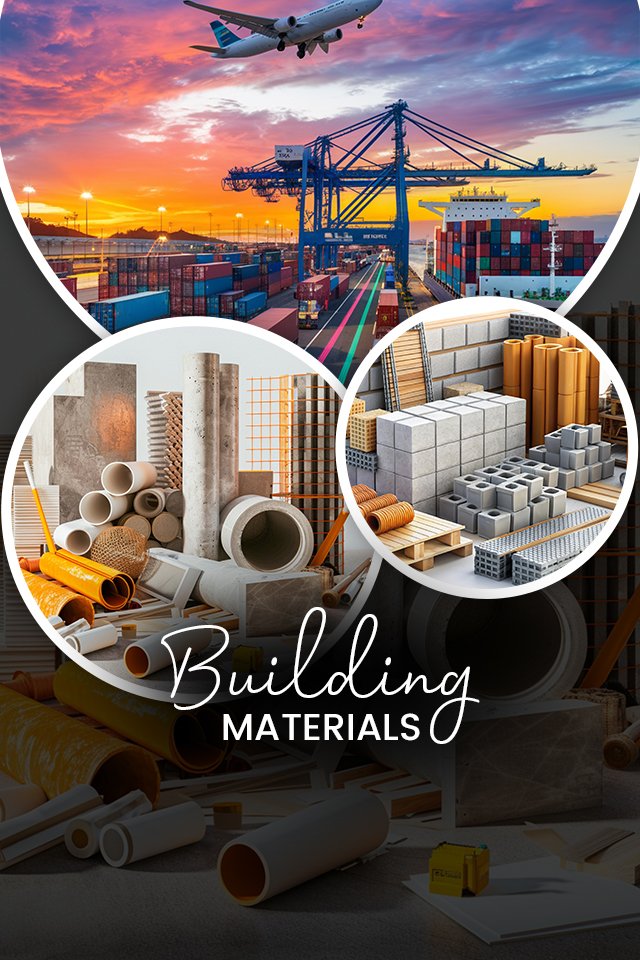
Strength, Quality, and Reliability for Every Project
Building Materials Trading Exporter
MKK Trade is a trusted supplier of high-quality building materials, providing a comprehensive range of products to support construction, renovation, and infrastructure projects. From residential developments to commercial construction, we source and deliver materials that meet international standards, ensuring strength, durability, and safety for every structure.
Fabric Trading
Fabrics that Inspire: MKK Trade's Textile Solutions
Building Materials
Building Strong Foundations with MKK Trade
Foodstuffs
Your Trusted Source for Global Food Products
Fish
Choose your favorite category mauris orci dignissim nisl
Wine
Choose your favorite category mauris orci dignissim nisl
Pizza
Choose your favorite category mauris orci dignissim nisl
Chicken
Choose your favorite category mauris orci dignissim nisl
Burger
Choose your favorite category mauris orci dignissim nisl
Dessert
Choose your favorite category mauris orci dignissim nisl
Our Building Material Offerings
Plaster and Drywall Products:
We provide plasterboards, drywall systems, and plastering materials for smooth interior finishes, making construction easier and more efficient.Roofing and Insulation Materials:
Quality roofing sheets, tiles, and insulation products that ensure energy efficiency, weather resistance, and longevity for any structure.Timber and Plywood:
We supply top-quality timber, plywood, and other wood products for both structural and finishing purposes, sourced from sustainable forests.Finishing Materials :
A wide range of tiles, flooring, paints, and coatings that ensure the perfect final touch for both interior and exterior applications.
Cement and Concrete Products:
We offer top-grade cement and ready-mix concrete for construction projects of all scales. Our products ensure a strong foundation and durable structures.Steel and Reinforcement Materials:
High-quality steel bars, rods, and reinforcement materials for added strength and stability in building frameworks. We supply steel products that meet global standards for quality and safety.Bricks, Blocks, and Aggregates:
Our range of bricks, blocks, and aggregates includes options for various construction needs, from load-bearing walls to decorative finishes, all designed to withstand the test of time.
Comprehensive Product Range
Competitive Pricing
Top-Quality Sourcing
Supporting Your Automotive and Mechanical Needs
At MKK Trade, we understand that quality and reliability are key when it comes to auto spares, oils, and mechanical components. Whether you’re managing a vehicle fleet, running a repair shop, or maintaining industrial equipment, we provide the products and services to keep your operations running smoothly. Our expertise and commitment to customer satisfaction make us the ideal partner for all your automotive and industrial supply needs.
Starting from
$6
Why Choose us :
Wide Product Range
From foundational materials like cement and steel to finishing products like tiles and paints, MKK Trade offers a full range of building materials to support every phase of construction.
Sustainable and Eco-Friendly Options
We prioritize environmentally friendly and sustainable products, including energy-efficient insulation materials, responsibly sourced timber, and eco-friendly construction solutions.
Reliable Supply Chain
MKK Trade provides efficient and timely delivery, ensuring that you have access to the materials you need, exactly when you need them, no matter the scale of your project.
Reliable Supply Chain
Efficient Delivery and Logistics
Top-Quality Products
Desserts
Choose your favorite category mauris orci dignissim nisl, id gravida nunc enim quis nibh. Maecenas convallis eros a ante dignissim.
Starting from
$12
Panna cotta$18
Maecenas interdum lorem eleifend orci aliquam mollis.
Chocolate cake$14
Maecenas interdum lorem eleifend orci aliquam mollis.
Fruit and almond tart$25
Maecenas interdum lorem eleifend orci aliquam mollis.
Lemon and almond cake$14
Maecenas interdum lorem eleifend orci aliquam mollis.
Tiramisu$12
Maecenas interdum lorem eleifend orci aliquam mollis.
Chocolate pudding$15
Maecenas interdum lorem eleifend orci aliquam mollis.
Strawberry cheesecake$25
Maecenas interdum lorem eleifend orci aliquam mollis.
Italian ice cream$35
Maecenas interdum lorem eleifend orci aliquam mollis.
